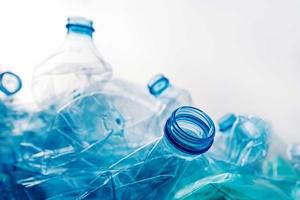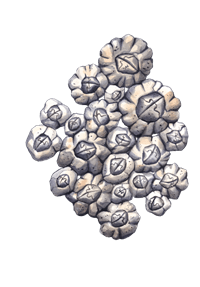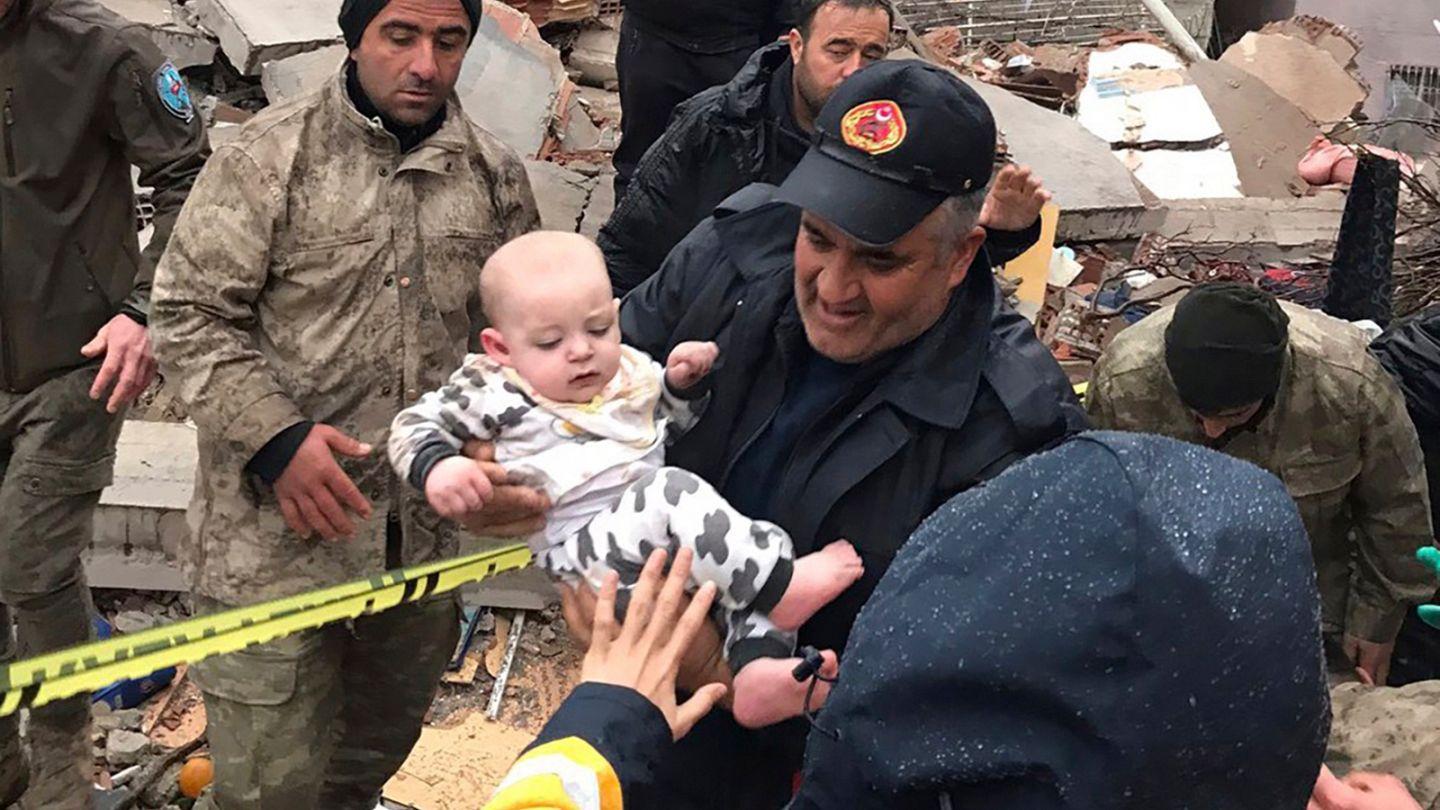Greening the steel industry

When companies burn coal to produce steel, they spew carbon dioxide into the atmosphere—an estimated seven to nine per cent of all direct emissions from fossil fuels. That’s 2.6 gigatonnes of carbon dioxide—more than the combined mass of all animals on Earth.
But one Swedish steel company has figured out how to make steel without coal. Stockholm’s SSAB recently announced that it has produced the world’s first fossil fuel–free steel, using hydrogen and electricity from renewable energy sources. Automakers Volvo and Mercedes-Benz have signed up for the first deliveries, and SSAB hopes to be able to produce the steel on an industrial scale by 2026.
Removing plastic from water

The most dangerous form of plastic is the kind you can’t see—microplastics, tiny fragments that can end up inside fish and our bodies. We ingest five grams of microplastics every week—about the equivalent of a credit card—from the food we eat and the water we drink. Even more microscopic plastic particles are shed from carpets and synthetic textiles.
Growing up around the southwest coast of Ireland, 20-year-old Fionn Ferreira is designing a device that uses ferrofluid, a type of magnetic liquid, to remove microplastics from drinking water. In 2019, his prototype—which removed 87 per cent of microplastics from a water sample—won him the grand prize at the Google Science Fair.
Now a chemistry student at the University of Groningen, Ferreira is working with an Ohio-based company to fine-tune his invention for use in homes and potentially in wastewater-treatment plants too.
Medicine in spider’s venom

Australian scientists have discovered a potentially life-saving treatment for heart attack victims from the venom of one of the world’s deadliest spiders. Existing treatments reduce blood clots, but they don’t block the “death signal”—what doctors call the body’s inability to send blood, and thereby oxygen, to the heart after an attack.
Due to its effect on cell acidity, a protein produced by the Fraser Island (K’gari) funnel web spider does block the death signal, allowing more heart cells to survive. As well as giving heart attack victims better outcomes, the drug now being developed could also extend the life of donor hearts that are used for organ transplants.
Barnacles inspire wound glue

Researchers at the Massachusetts Institute of Technology (MIT) were searching for a better way to quickly seal wounds in critical, life-saving situations. They looked to an unusual place for inspiration: barnacles, the small sea creatures that attach firmly to rocks, ship hulls and other wet, dirty surfaces.
By mimicking the properties of the barnacles’ sticky proteins, the MIT team was able to create a biocompatible glue that is able to adhere to human tissues even when covered in blood, forming a seal within 15 seconds. This is far faster than the several minutes it takes for either sutures or patches with blood-clotting features to do the same. After some more study, the product should be available around the world for first responders facing emergency situations.
Limited free articles. Subscribe for full access.








 Dr. Bilal Philips
Dr. Bilal Philips